Once operational, UK government plans to make Remote Electronic Monitoring (REM) technology mandatory for all vessels in five priority fisheries
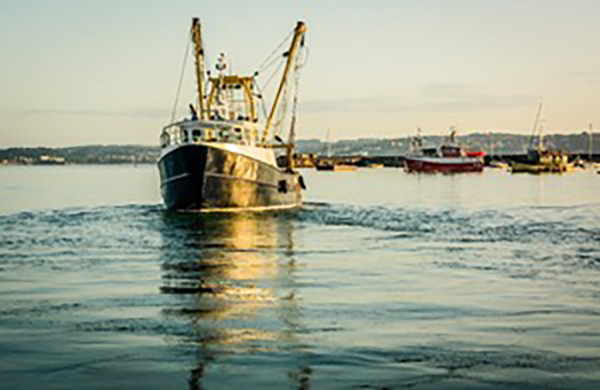
To fortify the sustainability of fish stocks in English waters, the UK government plans to use cutting-edge Remote Electronic Monitoring (REM) technology in English waters. The initiative integrates cameras, gear sensors and GPS units to ensure that catches are accurately recorded and fish are not unlawfully thrown back into the sea.
Volunteers within five priority fisheries will begin to use REM systems this summer, with their work helping to refine the UK’s monitoring objectives and ensure the technology works for fishers. Once monitoring objectives have been finalized and the REM systems are demonstrated to be working well, REM systems will become mandatory for all vessels in those fisheries – including non-UK vessels.
“Leaving the EU has given us the opportunity to take a new approach to fisheries management that is in the best interests of the UK fishing industry,” said Fisheries Minister Mark Spencer. “By harnessing this technology, we can sustainably manage our fish stocks, to benefit the industry, future generations and our marine environment.”
A different approach to managing discards will also be adopted in England, with changes to be made to better account for catches. From 2025, landings and discards will both be counted against quota allocations, and the amount of quota used to cover discards will vary and will depend on the type of vessel and gear types used.
In addition, discard reduction schemes will be established to identify ways to reduce unwanted catch in the first instance. Working collaboratively with regulators and the industry, the schemes will identify and resolve barriers to improved gears being used. Fishers will see both approaches implemented at the start of next year.
Now that you've reached the end of the article ...
… please consider supporting GSA’s mission to advance responsible seafood practices through education, advocacy and third-party assurances. The Advocate aims to document the evolution of responsible seafood practices and share the expansive knowledge of our vast network of contributors.
By becoming a Global Seafood Alliance member, you’re ensuring that all of the pre-competitive work we do through member benefits, resources and events can continue. Individual membership costs just $50 a year.
Not a GSA member? Join us.
Author
Tagged With
Related Posts
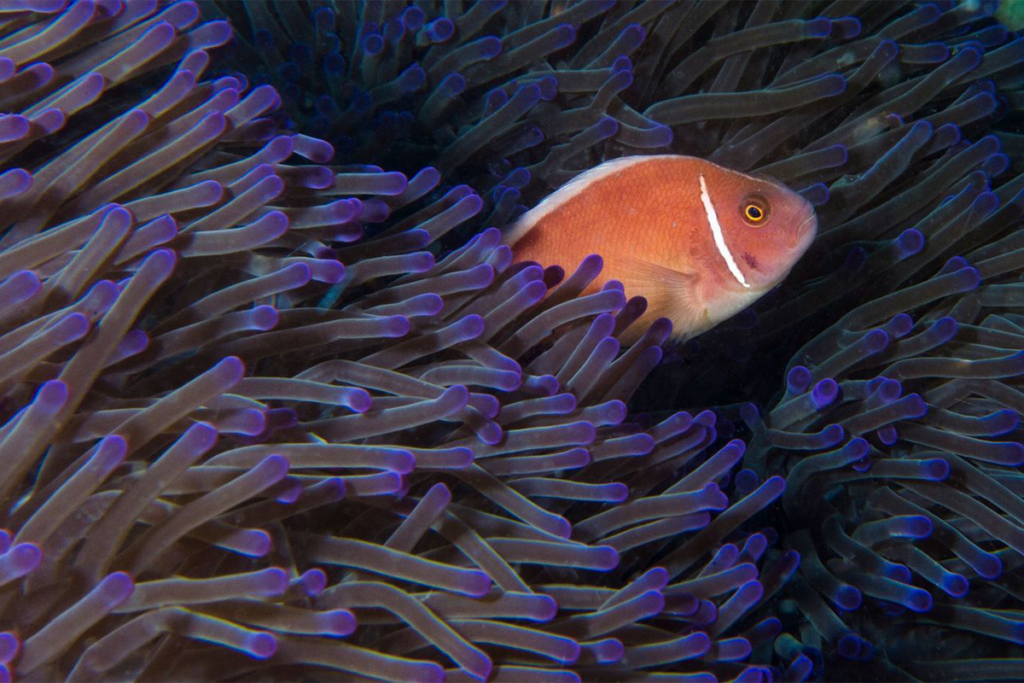
Fisheries
Defining and monitoring destructive fishing represents a new era in fisheries policy
Thanks to a new multistakeholder framework, researchers are a step closer to better understanding destructive fishing and addressing its impacts.
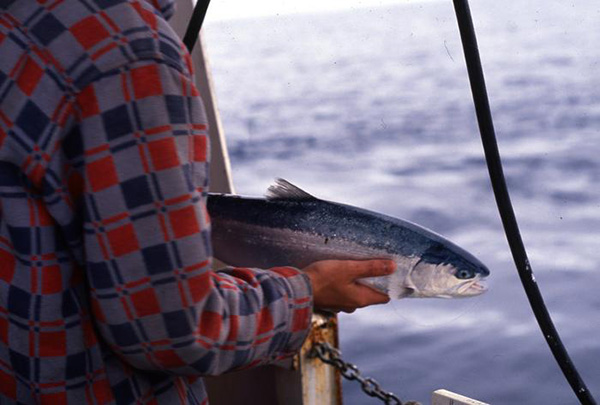
Fisheries
New database revealing salmon patterns at sea aims to curb IUU fishing
A new analysis of where salmon are concentrated at sea could aid with fisheries management and help curb IUU fishing.
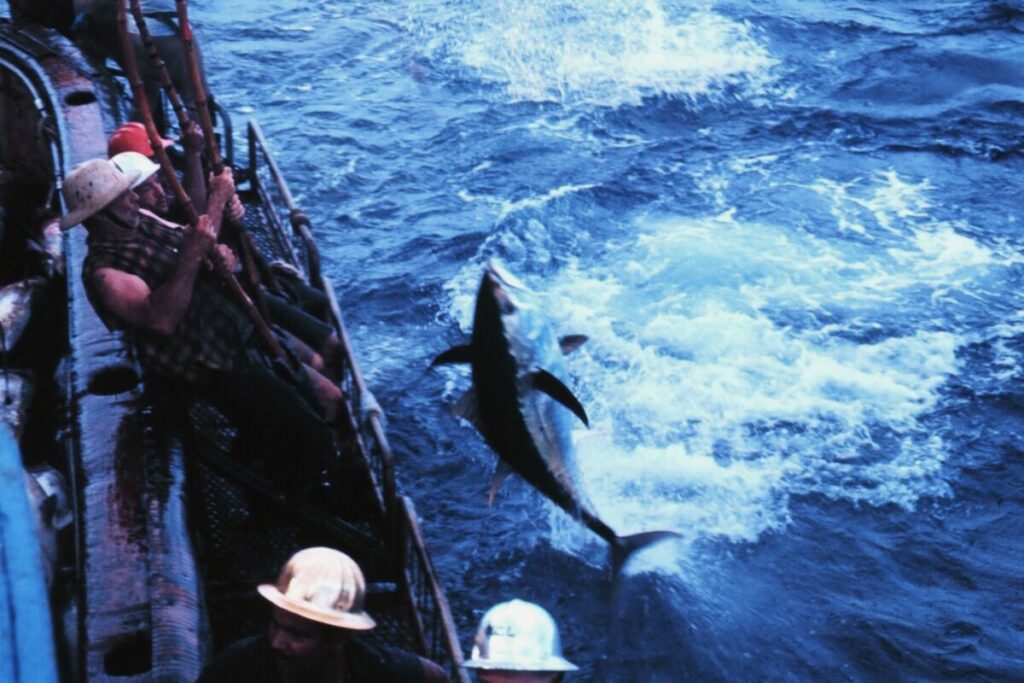
Fisheries
Fishing effort dynamics around the Galápagos Marine Reserve as described by Automatic Identification System data
Spatial and seasonal data are essential to understanding fishing effort dynamics and improving fisheries management in less-studied areas.
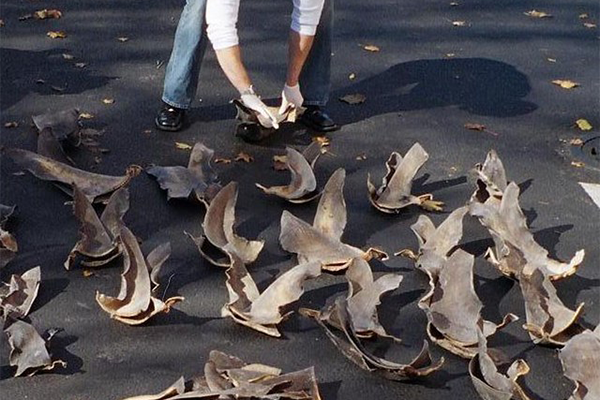
Responsibility
European Commission to step up measures to curb shark-finning trade
The European Commission will explore legislative measures to end the shark fin trade, along with improved data collection and research.



